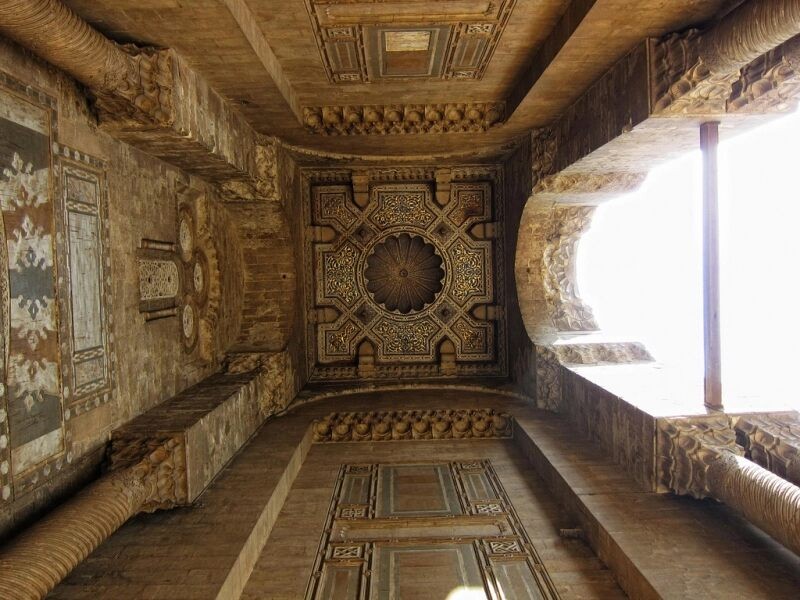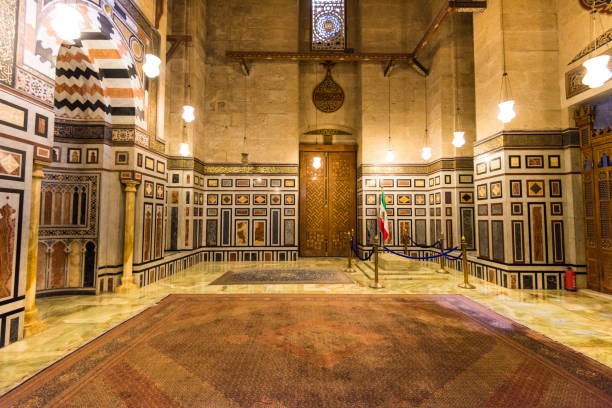Al-Rifai Mosque
Exploring the Al-Rifai Mosque
With enormous historical and cultural significance in Egypt, the Al-Rifai Mosque is a magnificent example of Islamic architecture. The mosque, built in the late 19th century, serves as a potent reminder of the history and character of the country. This piece gives a broad overview of the mosque's rich past, distinctive aesthetic, and cultural relevance.
The Al-Rifai Mosque was built as a tomb for Khedive Ismail Pasha's family by him when he was in charge of Egypt from 1863 to 1879. Due to a lack of money, construction stopped after it had started in 1869. In 1905, Khedive Abbas II resurrected the project, and the mosque wasn't finished until 1912 as planned.
A Jewel of Islamic Architecture and History in Egypt

With an exterior based on Ottoman architecture and an interior filled with Mamluk-inspired ornamentation, the Al-Rifai Mosque blends Mamluk and Ottoman architectural traditions. The mosque's 23-meter-diameter central dome is supported by four substantial piers. In addition, the mosque has four 68-meter-tall soaring minarets.
The mosque's interior is decorated and carved with fine detail, featuring stained-glass windows, wooden screens, and marble flooring. Beautiful Quranic texts and Islamic calligraphy are displayed on the walls and ceilings. The royal family's graves are located in the main room, which is ornamented with beautiful marble and bronze. The chandelier in the main chamber weighs more than 2.5 tonnes and is made up of thousands of crystals.
Cultural Significance Al-Rifai Mosque

Al-Rifai Mosque has great cultural value for Egyptians since it represents the country's rich history and identity. Its historical significance is furthered by its function as the ultimate burial place of several Egyptian kings and royal family members. The mosque was used for King Farouk's funeral in 1965 and as a meeting place for demonstrators during the 2011 Egyptian revolution, which called for the overthrow of former President Hosni Mubarak. It has played an important part in the nation's contemporary history.
A significant piece of Egypt's cultural legacy, the Al-Rifai Mosque is a wonderful example of Islamic architecture. Both visitors and residents should visit this must-see destination because of its magnificence, distinctive fusion of Mamluk and Ottoman architectural styles, and rich history. The historical and cultural importance of the mosque is evidence of Egypt's vast and varied past.